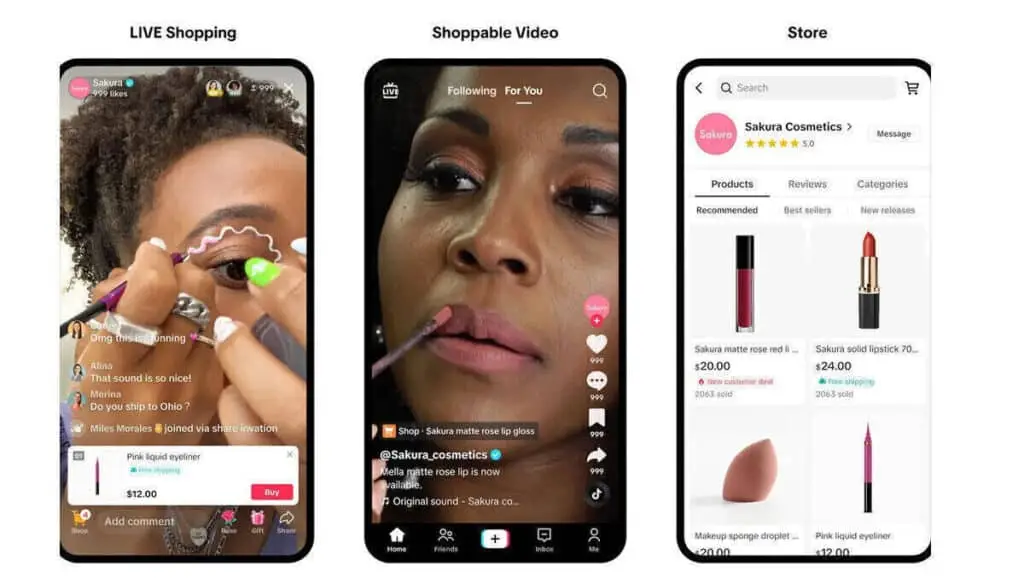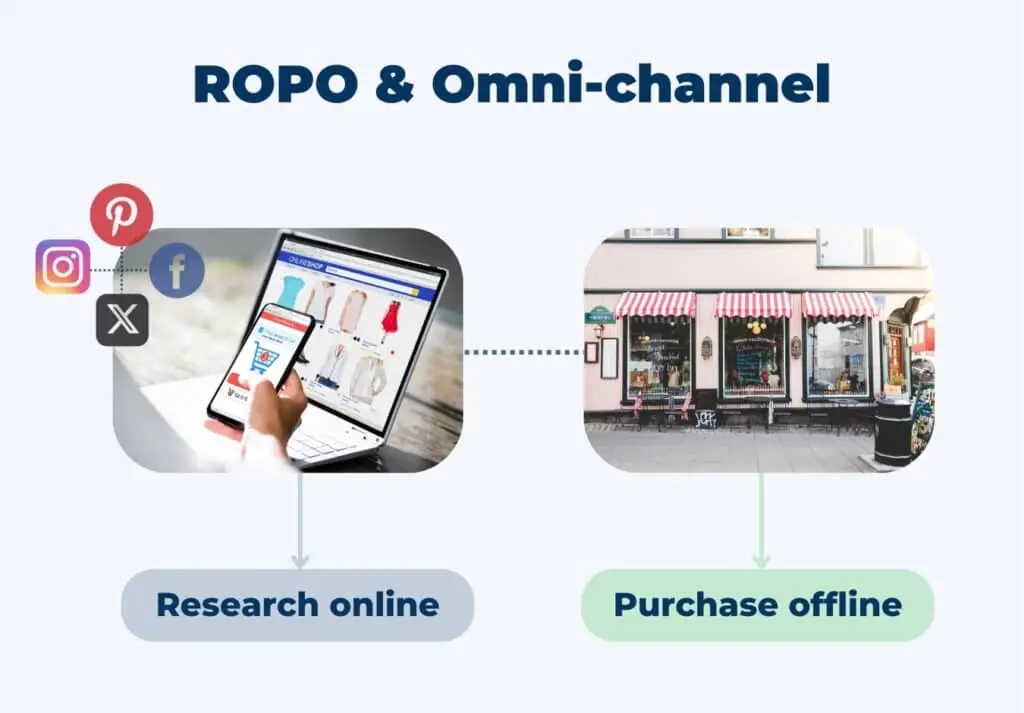Discovery commerce has been a cornerstone strategy for companies like Meta, but now significant players like Alibaba, TikTok, and Amazon are demonstrating just how transformative it can be. From AI-driven personalization to live shopping trends, these industry leaders are tapping into discovery commerce to unlock new audiences and redefine how they connect with customers. This approach focuses on understanding consumer preferences and introducing products they’ll love—sometimes before they even realize they’re looking for them.
This blog dives into the latest news and updates from the retail industry for these big players.
What Is Discovery Commerce?
Discovery commerce goes beyond traditional retail models. Instead of relying on consumers to search for products, it proactively introduces them to items they’re likely to love. This strategy combines data analytics, personalization, and dynamic content to create an engaging and seamless shopping experience.
Why is this approach critical? Today’s consumers are inundated with options. Discovery commerce cuts through the noise, helping shoppers find products that align with their preferences, often before they realize they needed them.

Source: saleslayer.com
Recent Updates Reinforcing the Rise of Discovery Commerce
Alibaba’s Strategic E-Commerce Overhaul
On November 21, 2024, Alibaba announced a significant restructuring of its e-commerce business. Alibaba’s recent decision to merge its domestic and international e-commerce divisions into a single unified group marks a pivotal shift toward a discovery commerce-first strategy. The company is placing users at the center of its approach by consolidating platforms like Taobao, Tmall, and Alibaba International Digital Commerce. This integration allows Alibaba to leverage AI and data analytics to understand customer preferences better and deliver personalized shopping experiences across markets.
The move streamlines operations and ensures that consumers are introduced to relevant products tailored to their tastes—reinforcing the essence of discovery commerce by focusing on proactive engagement and user-centric innovation.
The Resale Renaissance with AI
The secondhand market is booming, and platforms like The RealReal, eBay, and ThredUp are leading the way with AI-powered innovations. These platforms are using artificial intelligence to enhance product listings, automate pricing, and predict demand, making the buying and selling process more intuitive.
This integration of AI aligns perfectly with discovery commerce principles. By tailoring recommendations and streamlining processes, these platforms make it easier for consumers to discover unique, preloved items that match their tastes, reinforcing why retailers need to adopt similar strategies.

TikTok Shop’s Expansion in the U.S.
TikTok is reshaping the way consumers discover and purchase products. Through its TikTok Shop, the platform has doubled down on live shopping and product promotion via short videos and livestreams. With six U.S. warehouses and partnerships with influencers, TikTok aims to replicate the e-commerce success of its Chinese counterpart, Douyin.
This strategy highlights the power of social media in driving discovery commerce. By combining entertainment with shopping, TikTok ensures that users stumble upon products they love in an organic, engaging way. This is a masterclass for retailers in integrating discovery commerce into their operations.

Source: wuv.de
Personalization in the Beauty Industry
In the beauty sector, personalization has become a cornerstone of brand success. Amazon Beauty, for instance, uses tools like skin diagnostics to recommend products tailored to individual needs. Partnerships with brands like Clinique further enhance these personalized experiences.
These advancements demonstrate how discovery commerce can transform traditional industries. By prioritizing personalized recommendations, beauty brands are not just selling products—they’re building long-term relationships with their customers.

Why Discovery Commerce Is A Must for Retailers
- Meeting Consumer Expectations Modern consumers expect seamless, personalized shopping experiences. Discovery commerce delivers on these expectations by using data to anticipate needs and preferences, creating a shopping journey that feels intuitive and tailored.
- Enhancing Customer Engagement By proactively introducing products, discovery commerce keeps customers engaged and reduces decision fatigue. Platforms like TikTok Shop show how integrating discovery into content can drive both engagement and sales.
- Boosting Revenue Personalization isn’t just good for customers—it’s good for business. Studies show that tailored shopping experiences can significantly increase conversion rates and customer loyalty.
- Staying Competitive As major players like Alibaba and TikTok double down on discovery commerce, retailers who fail to adopt these strategies risk falling behind. Whether it’s AI-driven resale platforms or personalized beauty recommendations, discovery commerce is setting the new standard for retail.
How Retailers Can Embrace Discovery Commerce
- Leverage AI and Data Analytics Retailers need to invest in technology that can analyze consumer behavior and deliver personalized recommendations.
- Embrace Social Commerce Platforms like TikTok and Instagram are powerful tools for discovery commerce. Retailers should integrate these channels into their marketing strategies.
- Focus on Personalization From tailored emails to dynamic website content, personalization should be at the heart of every retailer’s strategy.
- Invest in Omnichannel Experiences Discovery commerce isn’t confined to digital platforms. Retailers should ensure a seamless shopping experience across online and offline channels.

Staying Ahead in a Competitive Market
The rise of discovery commerce is reshaping the retail landscape, making personalization and engagement more critical than ever. As recent updates from Alibaba, TikTok, and other industry leaders show, the future of retail lies in anticipating consumer needs and creating shopping experiences that delight and surprise.
For retailers, the message is clear: Embrace discovery commerce now, or risk being left behind. By leveraging the latest technologies and strategies, businesses can not only meet but exceed consumer expectations, securing their place in the competitive retail market.


